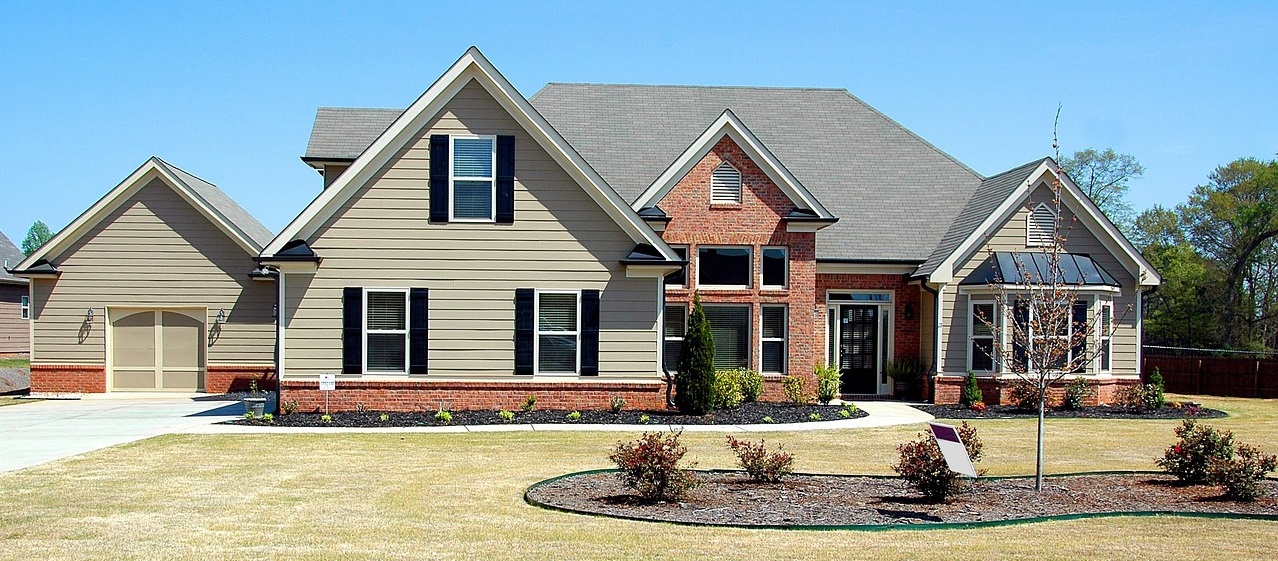Selling your home is a major financial decision, and while it can bring substantial financial rewards, it also comes with a variety of unexpected fees that can significantly impact your final proceeds. Many homeowners in Milwaukee have a clear asking price for their home but may not be fully aware of the costs involved in actually closing a sale. From legal fees to staging expenses, the path to selling your home involves several hidden costs that, if overlooked, can come as an unwelcome surprise.
For homeowners in Milwaukee, understanding these hidden costs is crucial. Not only does it help in setting realistic expectations, but it also allows for better financial planning and decision-making throughout the selling process. In this article, we will dive deep into the six key hidden costs associated with selling your home—ranging from closing costs to taxes and negotiations. More importantly, we’ll share strategic tips on how to minimize these expenses, ensuring you can maximize your home’s selling potential while keeping more money in your pocket.
6 Hidden Costs of Home Sales
Closing Costs
For sellers in Milwaukee, these costs can include attorney fees, real estate agent commissions, and various escrow fees, among others. Typically, these expenses range from about 1% to 3% of the sale price of the home; however, this can vary based on the specifics of the transaction and the agreements made between buyer and seller. Understanding these fees and their impact on the total net proceeds from the sale is crucial for any homeowner considering putting their property on the market.
Appraisal Costs
An appraisal is crucial not only for setting a realistic selling price but also for securing mortgage approval for the buyer, as lenders require an appraisal to ensure the loan amount does not exceed the home’s value. In Milwaukee, homeowners can expect to pay appraisal fees typically ranging between $300 and $500. However, certain factors can drive these costs higher, such as the size and complexity of the property, or unique features that require more detailed analysis. Understanding these potential costs upfront can help sellers in Milwaukee better prepare for the financial aspects of their home sale.
Staging
In Milwaukee, the cost of staging a home can vary, but homeowners should typically expect to spend anywhere from a few hundred to several thousand dollars, depending on the size of the home and the extent of staging required. However, there are budget-friendly staging strategies that can minimize costs while still delivering impactful results. These include decluttering and deep cleaning the home, using neutral paint colors, and rearranging existing furniture to improve flow and feel. Additionally, focusing on key areas like the living room, kitchen, and master bedroom can provide the most bang for your buck. Employing these strategies can help sellers effectively attract more buyers without breaking the bank.
Inspection
Home inspections are a critical component of the home selling process, primarily conducted to ensure the safety and integrity of the property before the sale is finalized. Typically, the buyer arranges and pays for the inspection to uncover any hidden issues that might affect their decision to purchase or the price they are willing to pay. Inspections can reveal a range of problems, from minor issues like plumbing leaks to major concerns such as structural weaknesses or outdated electrical systems. In Milwaukee, the cost of a home inspection generally ranges between $300 and $500, a worthwhile investment that can prevent future disputes and provide peace of mind for both buyer and seller.
Taxes
Property taxes are usually prorated based on the time of year the home is sold, meaning the seller is responsible for taxes accrued up until the sale date, and the buyer assumes responsibility thereafter. This proration ensures that both parties only pay for the period during which they actually owned the property. Additionally, sellers may face capital gains taxes if the sale price exceeds the purchase price, particularly if the home has been owned for less than two years or if the gains exceed $250,000 for single filers or $500,000 for married couples filing jointly. Understanding these tax responsibilities and how they are influenced by the timing of the sale can help sellers in planning their finances and potentially minimizing their tax liabilities.
Negotiations
Negotiations are a pivotal stage in the home selling process and can introduce unexpected costs that impact the final terms of the sale. During these discussions, buyers often request concessions from sellers, such as covering repair costs or adjusting the closing date, which can affect the seller’s expenses. For instance, if a home inspection reveals issues, a buyer might negotiate for the seller to undertake repairs or offer a credit at closing to handle the issues themselves. Such agreements can lead to substantial out-of-pocket expenses for the seller. Another common negotiation point involves the closing timeline; if a buyer requests a faster or delayed closing, it may disrupt the seller’s moving plans, potentially incurring additional storage or temporary housing costs.
How Can You Reduce Costs?
One effective approach to reducing costs is to carefully compare real estate agents and their fees. Not all agents charge the same rates, and some may offer different services at different price points. It’s essential to interview several agents and ask detailed questions about what services they include, whether their fee is negotiable, and if they have any special pricing strategies that could benefit your specific situation. Opting for an agent with a lower commission rate or one who offers a flat fee could save thousands of dollars.
Also, it is crucial to seek legal and financial advice, especially when it comes to contracts and understanding the tax implications of a home sale. A real estate lawyer can help navigate the complexities of the sale agreement, ensuring that all provisions are in your best interest and that there are no hidden clauses that could incur additional costs later. Regarding taxes, a qualified accountant can provide advice on how to potentially reduce liabilities, such as taking advantage of tax exclusions for capital gains or timing the sale of your home to optimize tax benefits. Armed with the right information and support, sellers can significantly mitigate unexpected costs and navigate the home selling process more efficiently and economically.
Navigating the Hidden Costs of Selling Your Home
Understanding and preparing for the various hidden costs associated with selling a home is crucial for any homeowner, especially in a market as dynamic as Milwaukee’s. These unexpected expenses, ranging from closing costs to potential repair negotiations, can significantly impact your financial outcomes. By being well-informed and proactive, you can navigate these challenges effectively, ensuring that you retain as much profit as possible from your home sale.
We encourage all Milwaukee homeowners to conduct thorough research and seek professional advice when considering selling their homes. An expert’s guidance can not only help mitigate these hidden costs but also streamline the entire selling process, making it less stressful and more successful.
If you’re thinking about selling your home and need personalized advice or services, don’t hesitate to contact Dropseed Development. Our team is dedicated to providing you with the support and expertise needed to navigate the complexities of the real estate market.
Reach out to us today to ensure your home selling journey is as profitable and smooth as possible.




